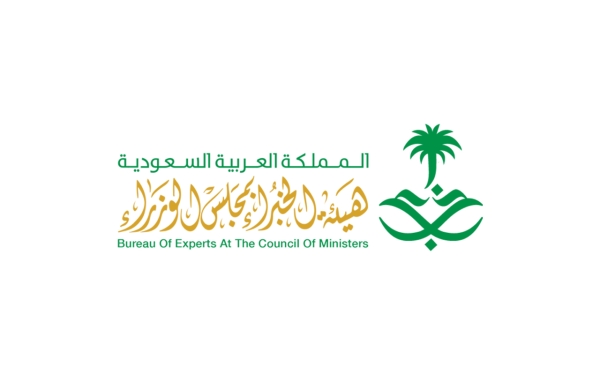

The Anti-Commercial Fraud Law in the Kingdom of Saudi Arabia is a regulatory framework designed to combat commercial fraud and product deception within the Kingdom. The law outlines the penalties for violators and designates the entities responsible for detecting commercial fraud.
Date of issuance of the Anti-Commercial Fraud Law in Saudi Arabia
The Anti-Commercial Fraud Law in the Kingdom was issued by Royal Decree on April 29, 2008, and by resolution of the Saudi Council of Ministers No. 119 dated April 24, 2008. This law superseded the Anti-Commercial Fraud Law issued in 1984. It consists of thirty articles. Some of its articles have been amended through subsequent Royal Decrees. The law is designed to combat counterfeit and spoiled products by specifying their nature, regulating price reductions and commercial competitions, and outlining fines and penalties for violators of its provisions.
Law definition of commercial fraud
The Anti-Commercial Fraud Law in the Kingdom defines commercial fraud as any alteration or tampering with a product that causes it to lose part of its material or moral value. This can occur through addition, subtraction, manufacturing, or other changes affecting its essence, nature, type, form, components, qualities, requirements, or characteristics. Additionally, any product that fails to meet the approved standard specifications set by the Saudi Standards, Metrology, and Quality Organization or other accredited local or international entities is considered fraudulent.
The Implementing Regulations of the Anti-Commercial Fraud Law in the Kingdom further specify other forms of fraudulent products, such as those that are spoiled or unfit for human or animal use or consumption. This includes products with expired expiration dates, visible signs of spoilage or damage, or alterations in their natural properties like shape, color, taste, or smell. Products containing worms, larvae, or insects, or those deemed unfit by examination, are also classified as fraudulent.
Under the law, a spoiled product is defined as one that is no longer suitable for use, consumption, or exploitation.
Prohibitions on merchants in the Anti-Commercial Fraud Law
The Anti-Commercial Fraud Law in the Kingdom outlines specific obligations that merchants must adhere to, with penalties imposed for violations. These violations include possessing, displaying, or selling counterfeit products for trade purposes, manufacturing products that do not meet approved specifications and standards, or using utensils, containers, packaging, or labels that fail to comply with these standards.
The law also prohibits merchants in the Kingdom from disposing of suspected products before receiving approval based on inspection results and bars them from obstructing judicial officers from carrying out their inspection and seizure duties.
Penalties for commercial fraud violation
The Anti-Commercial Fraud Law in the Kingdom outlines penalties for those who violate the law, including fines of up to SAR1 million, imprisonment for up to three years, or both. If a product is proven to be fraudulent, the goods are confiscated and destroyed, along with any tools used in the fraud or deception.
Related quizzes
Related articles

